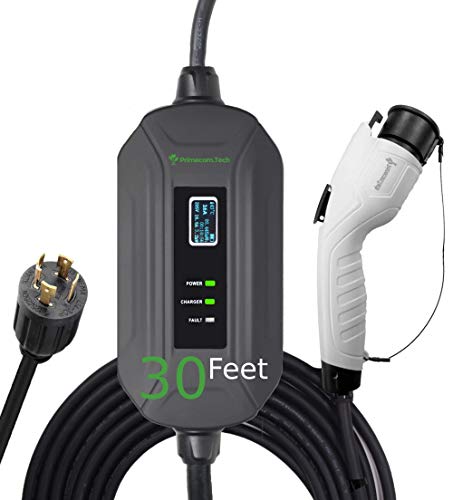foxwiz
Member
I was trying to figure out what a full charge would be on my vehicle. I am Southern California Edison territory and the tiers are different. Tier 1 is .13 per kWh, Tier 2 is .16 per kWh, Tier 3 is .27 per kWh, and Tier 4 is .31 per kWh. So I guess it depends on how much electricity you use during the day. I have people home during the day so laundry gets done, air-conditioning is used so I am guessing that I fall in Tier 3 or Tier 4.
The commute for my vehicle is between 40 and 50 miles per day which would use maybe 20 kWh. At 31 cents per kWh, that would be $6.2 per day.
My car gets about 17 MPG and driving 50 miles a day with gas being $4.29 for premium, I would use just under 3 gallons, say $12.66 per day. So my savings would be half. Not as great as I would have thought.
SCE has a plan to add a dedicated meter at the house for charging during the evening between 9 PM and 10 AM for .11 per kWh, but that would take an electrician to install a new panel on the side of the house. I could be coughing up $1k - $2k for an electrician. Ouch.
What are your savings?
The commute for my vehicle is between 40 and 50 miles per day which would use maybe 20 kWh. At 31 cents per kWh, that would be $6.2 per day.
My car gets about 17 MPG and driving 50 miles a day with gas being $4.29 for premium, I would use just under 3 gallons, say $12.66 per day. So my savings would be half. Not as great as I would have thought.
SCE has a plan to add a dedicated meter at the house for charging during the evening between 9 PM and 10 AM for .11 per kWh, but that would take an electrician to install a new panel on the side of the house. I could be coughing up $1k - $2k for an electrician. Ouch.
What are your savings?




























